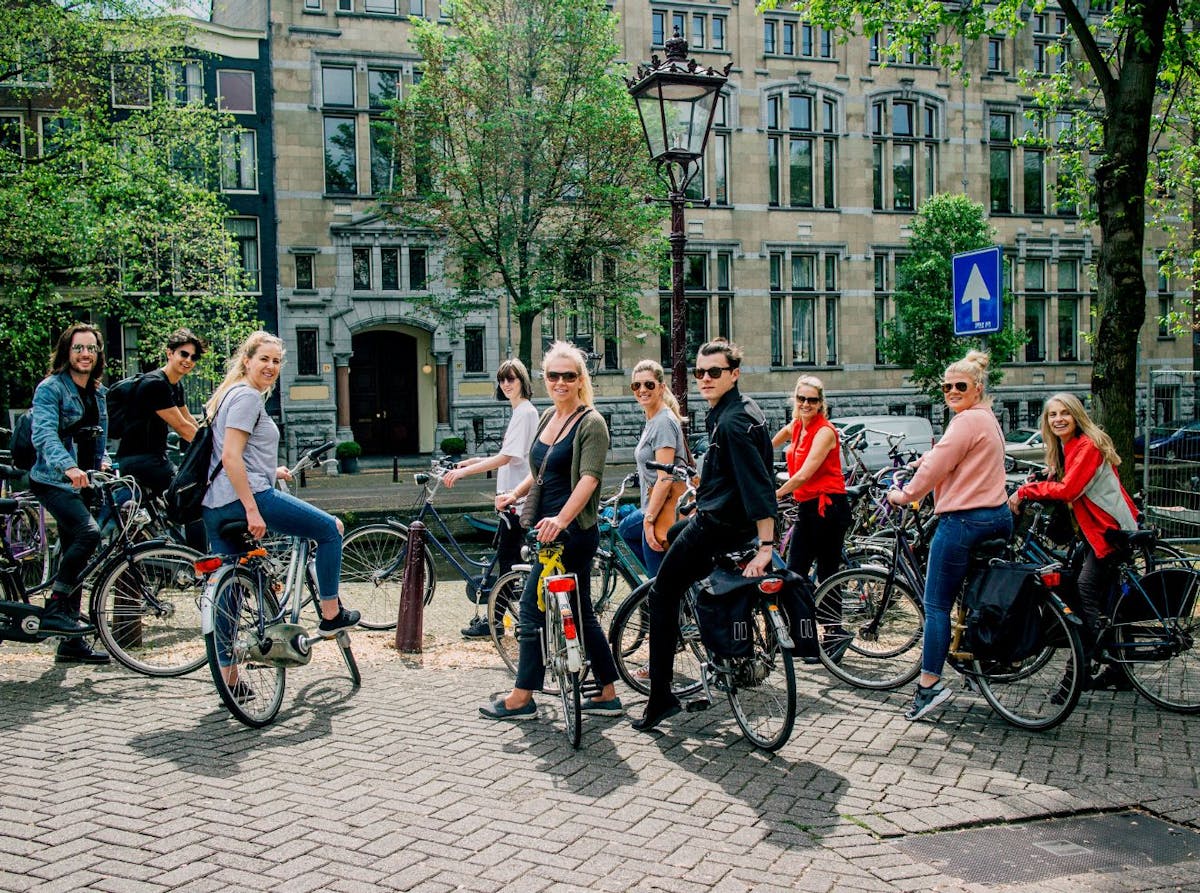The Dutch Work Culture Decoded: What Every South African Should Know

🇳🇱 Welcome to Work, the Dutch Way
If you’re a South African professional about to start your new career adventure in the Netherlands: congratulations! You’re joining one of the most progressive, innovative, and employee-friendly work cultures in the world.
But, as many of Ir Olav’s Globetrotters will tell you, the Dutch workplace can feel very different from what you’re used to back home. From flat hierarchies and open communication to casual office dress codes and “borrels” after work, understanding how things work here will help you fit in faster, avoid awkward moments, and truly thrive.
Here’s your inside guide to decoding Dutch work culture, with real-world insights straight from South Africans already making it happen in the Netherlands.
👕 1. Dress Code: Casual Doesn’t Mean Careless
In South Africa, we often associate professionalism with formal wear: suits, heels, and pressed shirts. In the Netherlands, things are noticeably more relaxed.
Think smart casual. Yes, some people still wear suits or blazers, but it’s just as common to see your manager in sneakers and jeans paired with a button shirt. The Dutch focus on competence, not appearances.
That said, always dress neatly for your first few days until you get a feel for your company’s vibe.
💡 Tip: The Dutch love practicality. Avoid over-accessorising or overdressing. You’ll make a better impression by being confident, authentic, and comfortable.
🗣️ 2. Communication: Direct, Honest, and Democratic
Dutch workplaces are famously flat, meaning there’s little hierarchy. Your opinion matters whether you’re a junior engineer or a senior project manager.
Meetings are discussions, not speeches. You’re expected to share your views, ask questions, and sometimes even challenge your manager’s ideas (politely, of course). This directness isn’t seen as rude; it’s seen as collaboration.
In South Africa, we tend to be more formal or deferential with authority. In the Netherlands, being too quiet might make colleagues think you’re disengaged.
✍️ Dutch phrase to know:
“Wat vind jij ervan?” — What do you think?
You’ll hear this a lot — so be ready to share your thoughts!
🤒 3. Sick Leave and Work-Life Balance
One of the biggest cultural shocks for South Africans is how trust-based sick leave is. If you’re unwell, just let your manager know — no doctor’s note required for short absences.
If you come to work sick, expect to be sent home immediately! Protecting others’ health is seen as responsible, not lazy.
Overtime isn’t a badge of honour here either. In fact, it’s often discouraged. Dutch companies strongly value work-life balance: your personal life and family time are sacred. Parents benefit from family-friendly policies, flexible hours, and generous parental leave.
💡 Did you know?
Many Dutch companies encourage taking a “wandel” (walk) after lunch to clear your mind and recharge before the afternoon.
🧠 4. Continuous Learning and Career Growth
Dutch employers love training and upskilling. Many offer large personal development budgets, language lessons, or even company-sponsored certifications.
At Ir Olav’s Globetrotters, we see this as one of the best parts of working in the Netherlands: you’re encouraged to keep growing. Employers genuinely want you to succeed, not just for their company’s benefit, but for your personal development too.
If you show curiosity, ask questions, and take initiative, you’ll quickly stand out.
💬 “You came to the Netherlands to make a difference — in the company you’re working for and in your personal life. Be bold, ask questions, learn, grow, and build real relationships. They’ll become your new support system here.”
🚌 5. Perks, Allowances, and Office Culture
Most Dutch companies offer some great benefits beyond your salary.
Here are a few you can expect:
🚲 Transport allowance or a company bike. Cycling to work is normal — even for CEOs.
🏖️ Generous leave — full-timers get at least 25 days per year plus 8% holiday pay.
🎉 Company getaways — sometimes to other EU countries or even beyond.
🍻 Office “borrels” — informal after-work drinks where networking and social bonding happen naturally.
🧀 Tip: Don’t skip the borrel! It’s where you’ll make friends, pick up some Dutch phrases, and start feeling like part of the team.
🏛️ 6. The Ondernemingsraad: Employee Power in Action
One uniquely Dutch concept is the Ondernemingsraad (Works Council): a legally mandated group of employees representing staff interests in companies with 50+ employees.
This council ensures that employee voices are heard on topics like working conditions, health and safety, or company restructuring. It’s a reflection of the deep respect for equality and consensus in Dutch workplaces.
As a South African, this might feel refreshingly democratic; a real sign that workers are partners, not subordinates.
🗣️ 7. Dutch Phrases for Workplace Etiquette
A few words can go a long way in making connections. Here are some you’ll hear often:
“Goedemorgen” — Good morning
“Hoe gaat het?” — How are you?
“Fijne dag!” — Have a nice day!
“Tot morgen!” — See you tomorrow
“Lekker weekend!” — Have a great weekend
“Bedankt voor je hulp” — Thanks for your help
💡 Pro Tip: Even if your team speaks perfect English, greeting people in Dutch shows effort and it’s always appreciated.
🌍 Final Thoughts: Thrive, Don’t Just Survive
Adapting to a new work culture can be daunting, but it’s also incredibly rewarding. Dutch companies value people who are proactive, independent thinkers, and that’s something South Africans excel at.
Remember:
“You came to the Netherlands to make a difference. Be bold, ask questions, share your ideas, face challenges head-on, and build relationships that will become your Dutch family.”
The Netherlands offers the chance not just to work, but to grow: personally, professionally, and culturally. So embrace the directness, lace up your sneakers, and get ready to thrive!
🚀 Ready to Work in the Netherlands?
At Ir Olav’s Globetrotters, we specialise in helping South Africans find their dream jobs in the Netherlands and handle everything from visa applications to relocation.
Join the next group of Globetrotters and let’s build your Dutch career together.